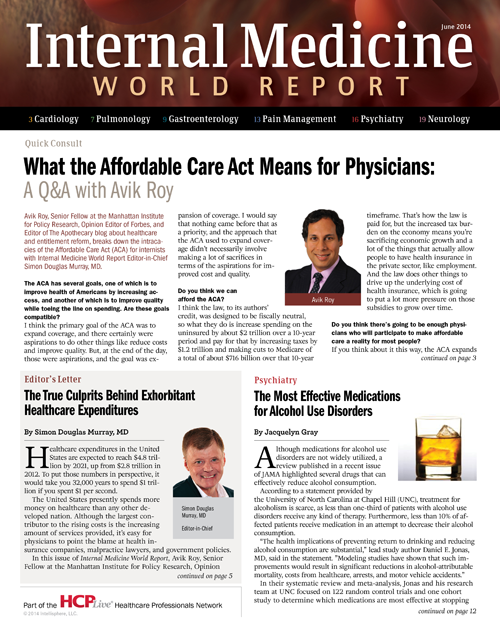Publication
Article
Internal Medicine World Report
Beta-blocker Exposure Adversely Affects Asthma Patients
Author(s):
Although selective beta-blockers are generally better tolerated in asthma patients, a study published in Chest found the treatments are not without risk.

Although selective beta-blockers are generally better tolerated in asthma patients, a study published in Chest found the treatments are not without risk.
A research team from the University of Dundee in Scotland conducted a meta-analysis of existing randomized, blinded, placebo-controlled trials that evaluated beta-blocker exposure in asthma patients for up to 7 days. Due to concerns regarding the development of acute bronchoconstriction, beta-blockers are generally withheld from patients with asthma, the researchers noted.
“Evidence to quantify the actual risk from these drugs in people with asthma is limited, even though recommendations for their avoidance have been around for a long time,” lead study author Daniel Morales, MBChB, told Internal Medicine World Report. “A previous article has attempted to summarize the acute effects for 'selective' beta-blockers, but we felt it did not fully address the risk involved and did not cover risk from 'nonselective' beta-blockers.”
Of the 32 studies the review authors selected from a possible 1,989, 16 evaluated selective beta-blockers, 6 examined nonselective beta-blockers, and 10 observed both. In addition, 23 studies provided data on mean absolute percentage change in forced expiratory volume (FEV1), 13 on symptoms, and 5 on ≥20% decreases in FEV1. The investigators focused mostly on the beta-blockers known as atenolol, metoprolol, and propanolol.
Morales and his colleagues evaluated 600 acute selective beta-blocker exposures in 330 asthma patients, as well as 301 acute nonselective beta-blocker exposures in 218 asthma patients. Among the selective and nonselective exposure patients, FEV1 levels were 2.28 L and 2.50 L, respectively. Most of the trials were single-dose studies with respiratory measurements taken approximately 108 minutes post-dose, on average.
“Both types of beta-blockers carry some degree of risk when given for the first time, with nonselective beta-blockers having a greater effect on lung function in people with asthma than selective beta-blockers,” Morales said when asked what findings surprised him. “However, not all people with asthma seem to have the same response, which also varied by dose and the type of drug used. Risk from selective beta-blockers was generally quite small, and the main treatment used for the acute relief of symptoms in asthma generally still worked well when given to people acutely exposed to selective beta-blockers — although a small reduction in efficacy was noted.”
Acute selective beta-blockades caused a mean absolute 6.9% decrease in FEV1 levels compared to placebo. However, only 8 patients needed to be treated, which the researchers concluded was not statistically significant. And while acute nonselective beta-blockades produced a mean absolute 10.2% decrease in FEV1 levels compared to placebo, the researchers found the number of patients needed to treat was also statistically insignificant.
“The risk from using nonselective beta-blockers in people with asthma for conditions like migraine is probably too great when considering their potential benefits, even though some patients with asthma may tolerate them initially,” Morales advised internists. “In contrast, the benefits from using selective beta-blockers in people with cardiovascular disease (CVD) and asthma possibly outweigh their risk when they are started at low doses, as the potential benefits are much greater.”






